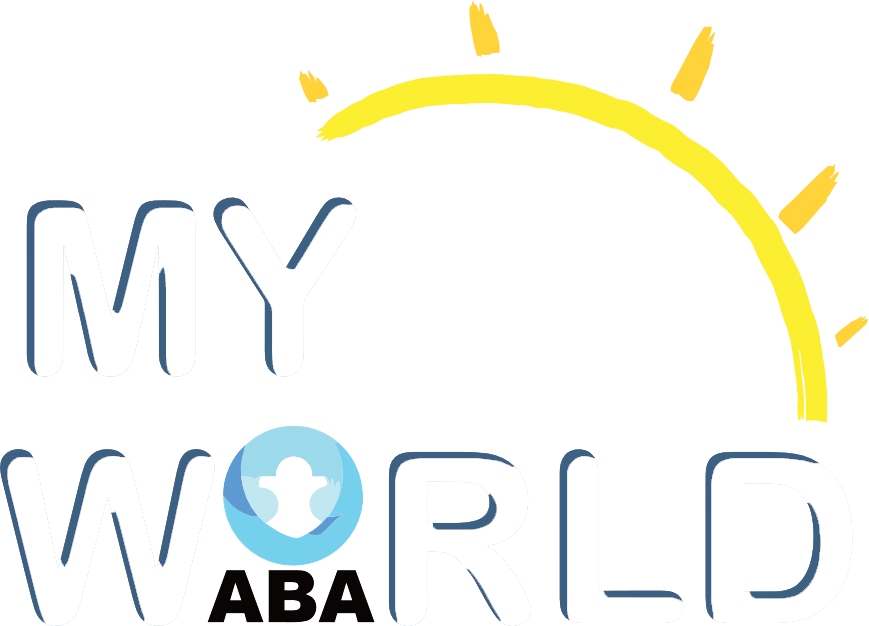The holiday season is a time of joy, celebration, and togetherness. But for individuals with autism, it can also be a time of stress, sensory overload, and exclusion. As we gather with our loved ones to decorate, cook, and exchange gifts, it’s important to remember that not everyone experiences the holidays in the same way.
That’s why this year, let’s make a conscious effort to make the holidays autism-friendly. From sensory-friendly activities to understanding and embracing neurodiversity, together, we can make the holidays a joyful and welcoming experience for all.
Understanding Autism and the Unique Challenges Faced During Holidays
The holiday season is a time of excitement and anticipation for many, but for individuals with autism, it can bring a whole set of unique challenges. Autism is a developmental disorder that affects social interaction, communication, and sensory processing. During the holidays, these challenges can be amplified, leading to stress, anxiety, and sensory overload from all of the holiday activities.
One of the main challenges faced by individuals with autism during this time is the sensory overload. The holiday season is often filled with bright lights, loud music, crowded spaces, and strong smells, all of which can be overwhelming for someone with sensory sensitivities. The constant noise and visual stimulation can lead to meltdowns and heightened anxiety.
Another challenge is the disruption of routine. Individuals with autism often thrive on structure and predictability, and the holidays often bring a break in routine with changes in schedules, decorations, and activities. This disruption can be confusing and unsettling, causing increased anxiety and difficulties in adapting to new situations.
It’s important for us to recognize and understand these challenges faced by individuals with autism during the holidays. By educating ourselves and adapting our expectations and activities, we can create a more inclusive and understanding environment for everyone, including children and family members with autism.
Related Post: 5 Practical Ways to Help Your Autistic Child Enjoy the Holidays
Preparing Your Autistic Child for the Festive Season
As a parent or caregiver, it’s important to help prepare your autistic child for the festive season so they can feel more comfortable and included.
Create Visual Schedules
One strategy you can use is visual schedules. Creating a visual schedule that outlines the upcoming holiday events, activities, and any changes in routine can help your child understand and anticipate what to expect. You can use pictures or symbols to represent each activity and hang the schedule somewhere visible in your home.
Consider Sensory Triggers
It’s also important to consider sensory sensitivities. Many holiday activities involve bright lights, loud noises, and strong smells, which can be overwhelming for children with autism. Before attending an event or gathering, talk to the host about any potential sensory triggers and see if accommodations can be made, such as providing a quiet space or offering earplugs. Consider bringing a sensory backpack for your child.
Be Patient
Remember to be patient and understanding. It’s natural for your child to feel anxious or overwhelmed during the holidays. Offer them support, reassurance, and breaks when needed. By taking the time to prepare and consider your child’s needs, you can help make the festive season a more enjoyable and inclusive experience for your autistic child.
Related Post: Maximizing Your Child’s Comfort: The Importance of a Sensory Backpack for Autism
Inclusion Strategies for Family and Friends
During the holiday season, it’s not just parents and caregivers who play a role in making the holidays autism-friendly, but also family members and friends. Including and accommodating individuals with autism in your holiday celebrations is essential for creating a welcoming and inclusive environment.
Learn About Autism
First and foremost, take the time to educate yourself about autism. Understanding the unique challenges faced by individuals on the spectrum can help you adapt your expectations and be more supportive. Take the initiative to learn about sensory sensitivities, communication differences, and social interactions so you can better understand and empathize with your loved ones.
Help Prevent Sensory Overload
When planning holiday gatherings, be mindful of sensory overload. Consider creating a quiet space where individuals with autism can retreat to if they feel overwhelmed. Provide noise-canceling headphones or offer a designated area away from loud music and conversations. Ask parents or caregivers about any specific triggers to avoid, such as strong smells or bright lights.
Find Inclusive Activities
Inclusive activities are another way to ensure everyone feels welcome. Instead of traditional party games that may be challenging for individuals with autism, choose activities that are more sensory-friendly and can be enjoyed by everyone. Arts and crafts stations, sensory bins, or a quiet corner with calming activities can provide options for everyone to participate at their comfort level.
Above all, be patient, understanding, and accepting. It’s natural for individuals with autism to have different ways of communicating or engaging with others. Respect their boundaries, be open to their unique perspectives, and don’t force social interactions. Allow them to engage at their own pace and in ways that feel comfortable to them.
Adapting Traditions to be Autism-Friendly
The holiday season is filled with cherished traditions, but some of these traditions may not be autism-friendly. Adapting traditions to be more inclusive and accommodating for individuals with autism can make the holiday experience more enjoyable for everyone. It is more important to make sure every family member is included than to continue traditions that may exclude someone.
One way to adapt traditions is by creating a calm and predictable environment. For example, if your family has a tradition of decorating the Christmas tree, consider involving your autistic loved one in the process while being mindful of their sensory sensitivities. Maybe they can help decorate a smaller, less overwhelming tree in a quieter area of the house. Maybe you can decorate quietly with no music.
Another idea is to modify gift exchanges. Traditional gift exchanges can be overwhelming for individuals with autism, with the pressure of unwrapping gifts in front of a group or feeling obligated to react a certain way. Instead, consider a more low-key approach, such as having each person open their gifts individually and in their own time.
Food is another aspect of the holidays that can be challenging for individuals with autism. Many holiday meals include a variety of tastes, textures, and smells that may be overwhelming or unappealing to someone with sensory sensitivities. Offering alternative options or allowing your loved one to bring their own food can help them feel more comfortable and included in the festivities.
It’s important to remember that the spirit of the holidays is about love, acceptance, and inclusion. Let’s make sure that everyone feels welcomed and valued during this special time of year.
ABA Therapy in Springfield and Joplin
My World ABA provides ABA therapy in Joplin and Springfield, MO. Our approach is based on kindness and understanding, and we strive to create a fun and inclusive environment where your child will feel welcome.
To learn more about our services or answer additional questions, visit our website or call (417) 818-5784 today.





